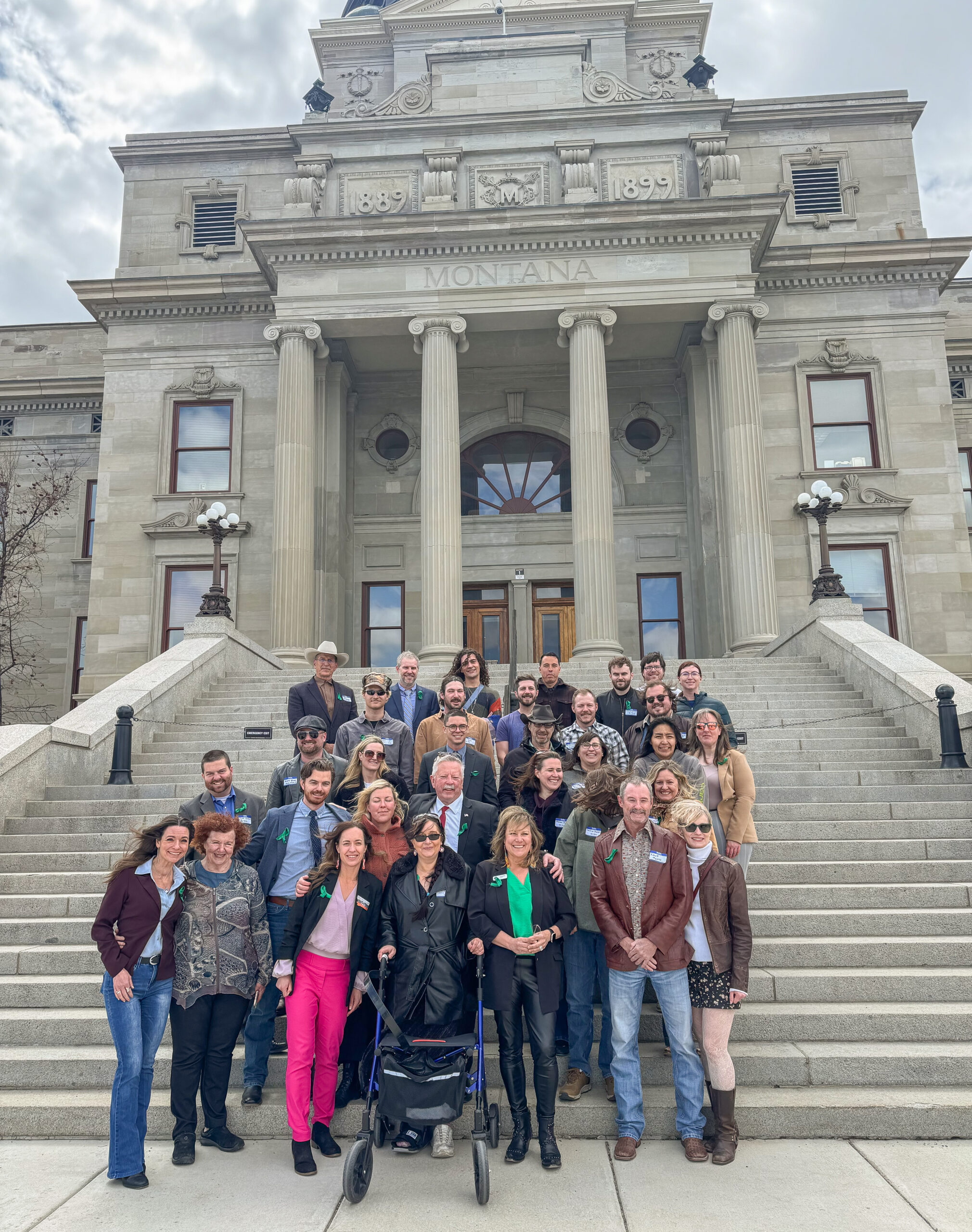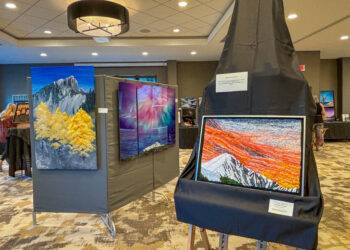Senate Bill 326 passed April 29 after dying near the end of a long legislative session, and being revived by a reconsideration vote
By Mario Carr EBS CONTRIBUTOR
The Montana Media Coalition united ahead of this year’s legislative session with hopes of keeping the Montana film industry alive through a tax incentive program for Montana filmmakers. While not all of their goals were accomplished, coalition President Lynn-Wood Fields is hopeful about their wins, mostly the passage of Senate Bill 326.
Fields and other coalition members brought Montana filmmakers to the table so that legislators could meet the Montanans that would be affected by the bill, which sought to expand tax incentives for Montana film projects, and establish sideboards to ensure those incentives directly benefit Montanans themselves.
“It was a heavy lift, and I am beyond proud of the coalition,” Fields told EBS.
The bill was amended as it moved through the legislative process. In the final form of SB 326, the coalition was unable to increase the media tax credit which is currently capped at $12 million per year until 2029—and already accounted for by large productions like “Yellowstone.” However, the bill does prevent the tax credit program from sunsetting, and installs “sideboards” so that any future money will be mostly reserved for Montana resident-filmmakers.

“We’re not Hollywood. We’re Montana filmmakers that are going to be greatly impacted by the fact that, quite frankly, Hollywood has taken most of the [tax] credit… So I think it’s both a win and a loss, but mostly we feel very proud of ourselves for even coming up with a win,” Fields said.
Fields already has her mind on the next legislative session in 2027, and is thankful for the groundwork that was laid over the past few months. When it became clear to Fields and the coalition that any attempt to increase the tax credit would not pass, they focused on what could be done.
“We just had to say, ‘it is more important for us to have a win, than for us to have a giant loss,” she explained.
The sideboards in the bill will reserve tax credits for future productions’ expenses such as hiring Montanans on set and filming in Montana studios with Montana-based companies, as well as shooting Montana-based documentaries. Until more money is added, however, new Montana productions won’t have access to these incentives. Without these incentives, Fields explained, it is very hard for filmmakers to attract investors, who would rather invest in states where their money is tax deductible.
Real Montanans
Fields explained that the 2025 legislative session felt somewhat hostile in regards to the impacts of the film industry in Montana.
Many believe the rise of the popular show “Yellowstone,” alongside the COVID pandemic, contributed to the housing crisis in the state. But the coalition fought hard to get legislators to see beyond the “Goliath” of the film industry that is Yellowstone, and focus in on the “David” that is Montana filmmakers, Fields said. To rally support, 55 members of the coalition showed up in Helena when the bill was set for a reconsideration vote in the Senate, to put a face to the Montana industry that these legislators would be voting on. And while economic reports indicate that these tax credits pay for themselves and in fact generate more taxable value, the coalition decided to focus their messaging on restoring pride in Montana’s filmmakers.
“Some of them really got it, you know, and I am really grateful so many of them showed up, and I’m talking bipartisan, which I thought was cool… We just had so much narrative we had to get across to them about who we were,” Fields said “… In the end I do feel like this is a win, because they really started to understand that we’re Montanans.”











